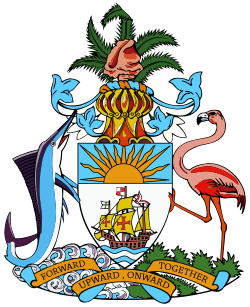 |
|---|
General elections were held in the Bahamas in June and July 1949, [1] the last entirely non-partisan elections in the country. This was the second election in which the secret ballot was used in New Providence and the first in which the secret ballot was used for the Out Islands.